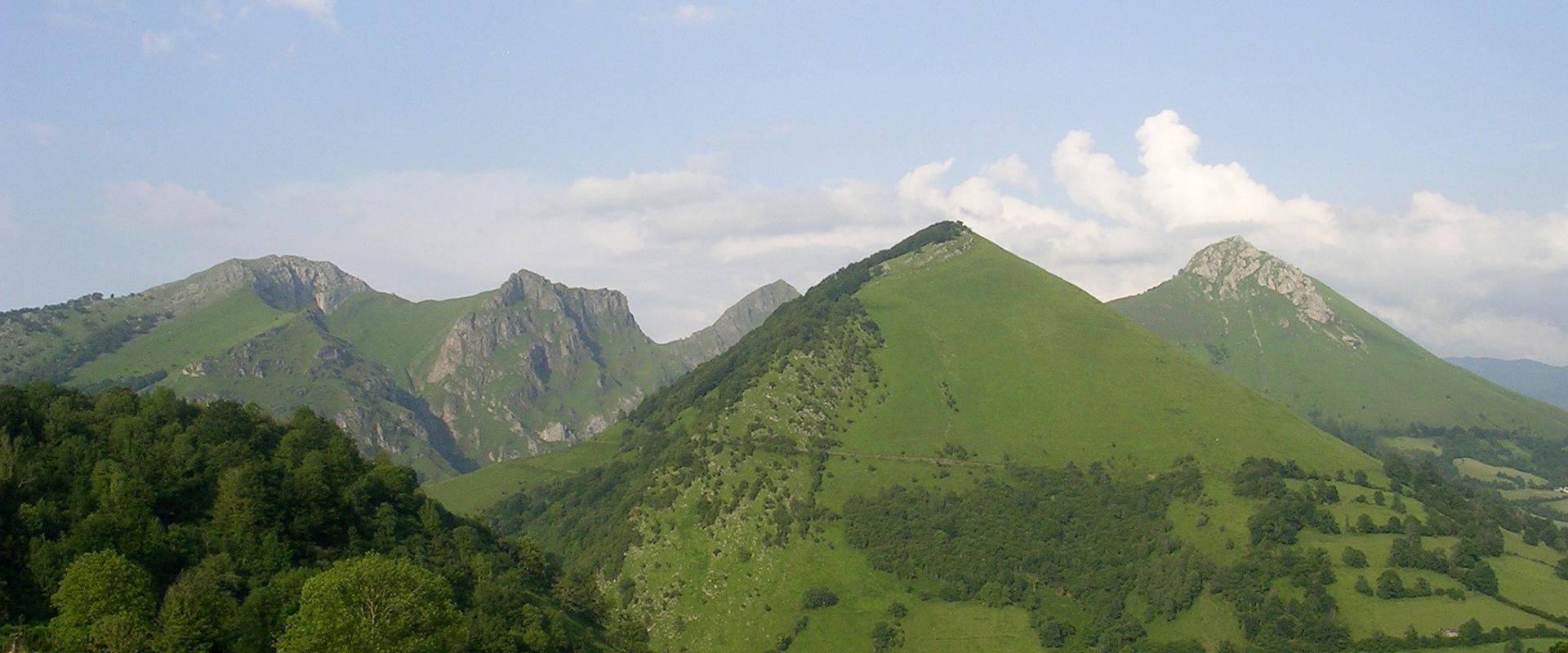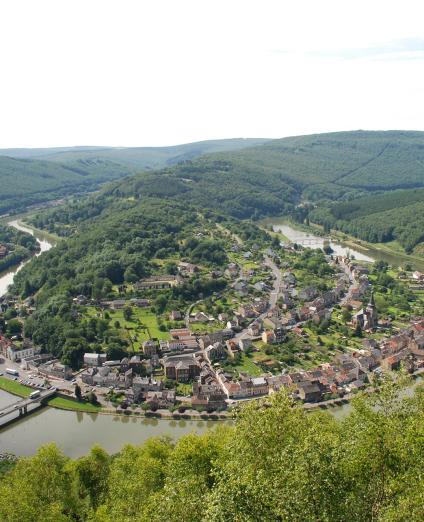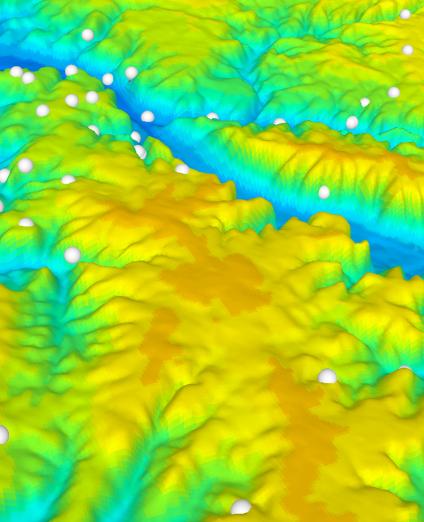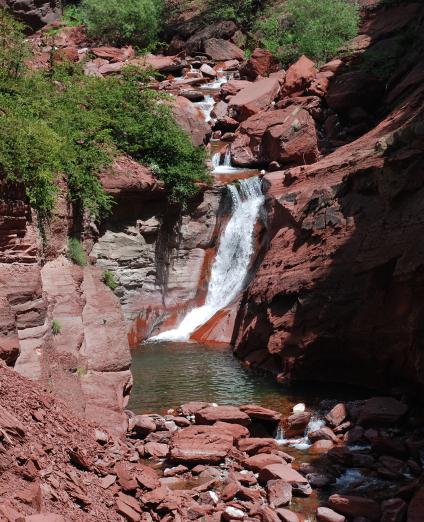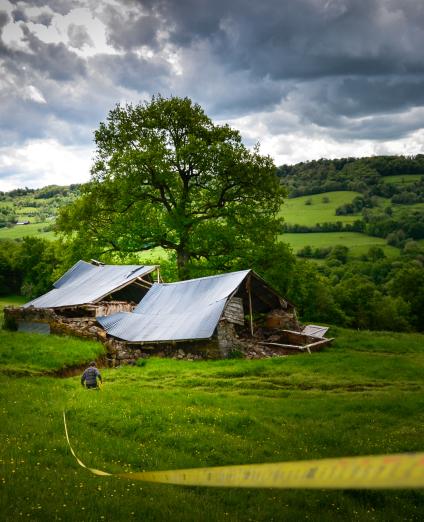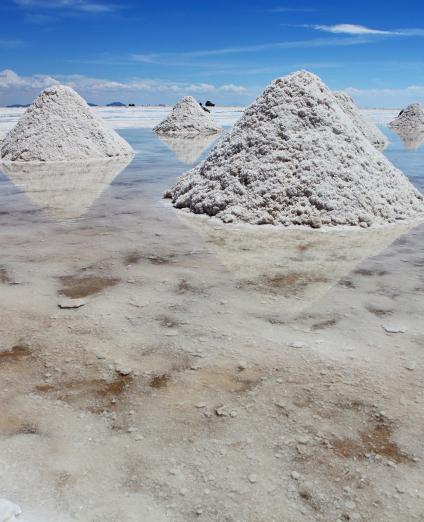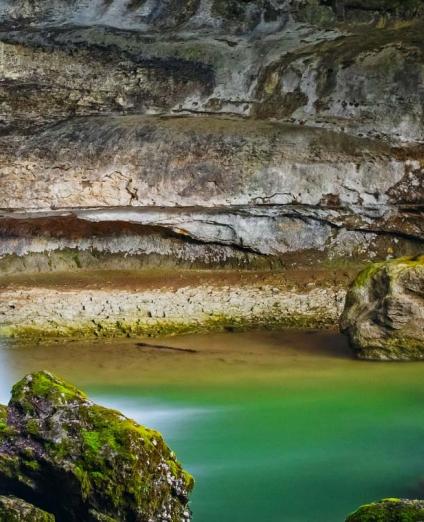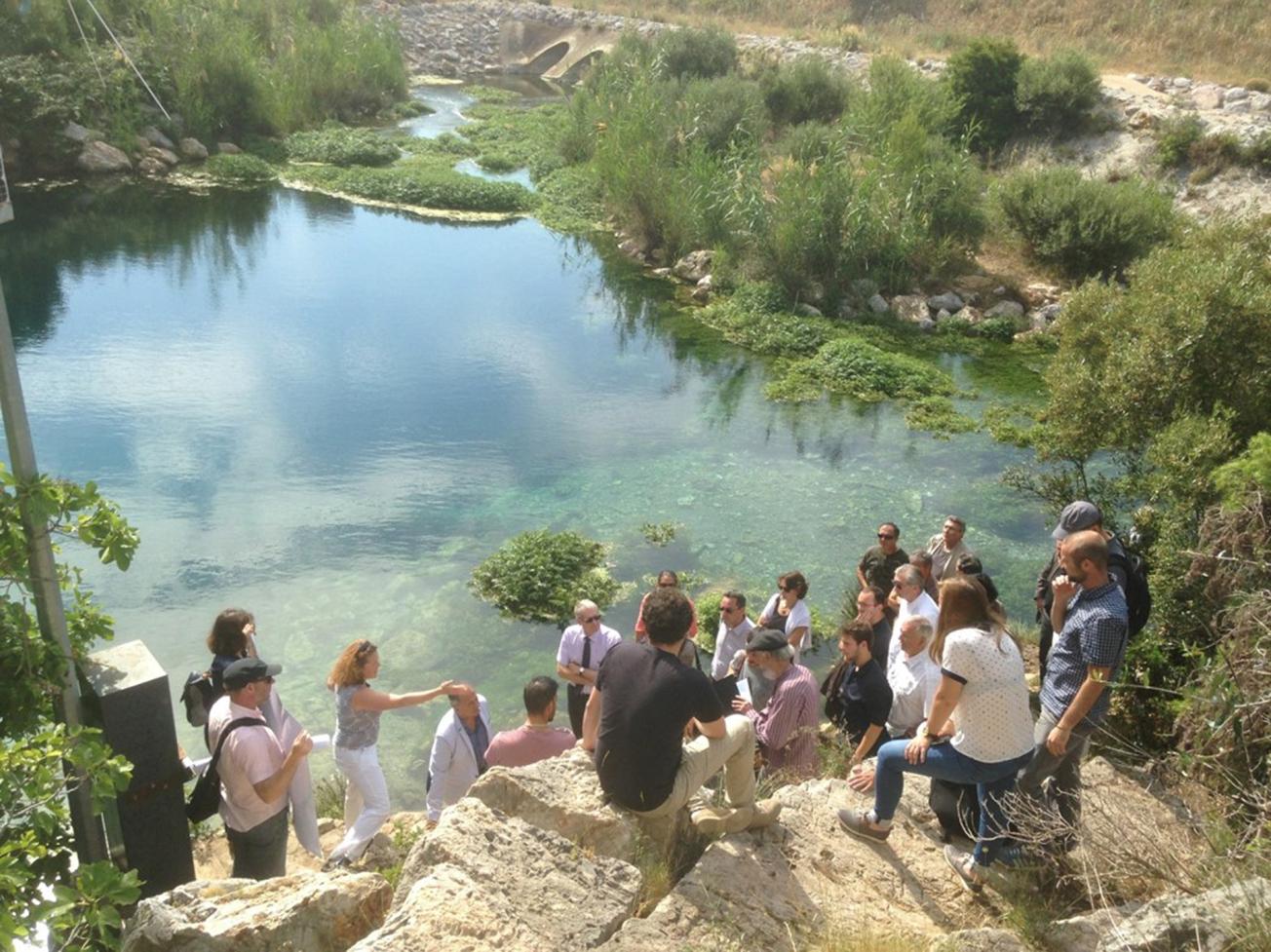
Meeting “Opening BRGM to society” of 1 June 2017 in Perpignan.
© BRGM
As a public institution for research and expert studies, BRGM contributes to the dialogue between science and society in its different fields.
Establishing a dialogue with civil society representatives in the French regions
BRGM's regional representatives organise meetings with representatives of civil society groups to discuss regional environmental questions relating to BRGM's areas of expertise and on which papers and articles have been published.
These meetings provide opportunities for open and constructive discussions. They stimulate exchanges of knowledge - or of knowledge "gaps” - questions from all parties and the expression of their expectations, while observing the ethical principles that guarantee transparency and trust and preserve the independent judgement of all concerned.
Summary of the meeting held in Perpignan on 1 June 2017
Topic on the agenda
State of knowledge on the functioning of the karstic system and hydrogeology of the Corbières - Issues related to the use of water resources in the Roussillon plain
Date and venue
Thursday, 1 June 2017 at the Maison des entreprises du Département in Rivesaltes and in the field: Fontestramar spring
Agenda
- Presentation of BRGM's activities in the Occitanie region
- Presentation on the state of knowledge on the functioning of the karst system and hydrogeology of the Corbières
- Round table on participants’ expectations
- Discussion on the topic and related challenges for the region
Participants
24 participants, respectively from the following organisations:
- Géosciences 66 (Pyrénées Orientales geological association);
- ECCLA (Ecology of the Carcassonnais des Corbières and of the Aude coastal area);
- Karst 66 Study Group (GEK 66);
- Natural History Museum;
- Addic Terra;
- European Centre for Prehistoric Research at Tautavel;
- Sustainable Development Committee (C2D);
- Conservatoire des Espaces Naturels (CEN) for Languedoc-Roussillon;
- Speleology clubs;
- Speleology Committee of the Aude département.
Specific points, participants' expectations and questions, discussions:
- Impacts of groundwater salination due to seawater intrusion and the need for alternative resources;
- Abstraction from the Corbières aquifer (responsibilities and remit of institutional players);
- Drilling of water boreholes: impact of non-compliance with the (regulatory) charter of good practices for their implementation and declaration, role and responsibility of the various players;
- Water resource sharing and management and data quality;
- The margin of sea-level rise to be considered as climate change-related for planning purposes;
- Status of the inventory of karstic resources in the Corbières département?
- What measures are being taken to protect groundwater from pesticide contamination in the Agly Valley?
- What actions are being undertaken to protect the karst sinkholes that are regularly used for fly-tipping?

